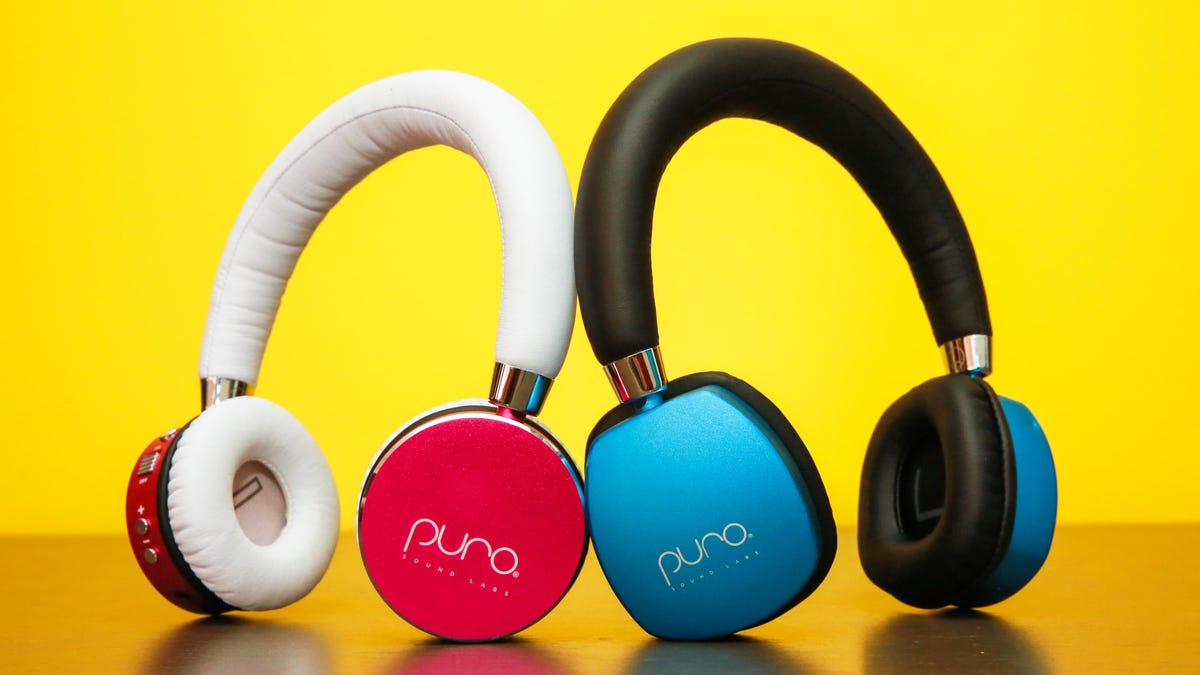Here's why loud music damages your hearing
Hearing loss is inevitable, but listening to loud music when you're younger can make it worse.

Most people have spent a fair amount of time rocking out to loud music, whether at concerts, festivals, parties or at home via headphones (or a boombox, depending on your age). As fun as it is to jam to your favorite songs, continued and repeated exposure to loud music can eventually lead to permanent hearing loss.
To reduce your risk of hearing loss via loud music, learn why and how it can cause hearing loss, and just how loud is too loud.
Why loud noise damages your hearing
Hearing loss occurs in four ways: conductive hearing loss, sensorineural hearing loss, mixed hearing loss and auditory neuropathy spectrum disorder. Noise-induced hearing loss is a type of sensorineural hearing loss.
Sensorineural hearing loss occurs when your inner ear becomes damaged. In the case of noise-induced hearing loss, most of the damage affects the cells of tiny sensory hairs in your inner ear (stereocilia). When those cells get damaged or die, the electrical signal that your auditory nerve sends to your brain becomes altered.
Noise-induced hearing loss can be acute or severe, and it can be temporary or permanent. You might be familiar with acute temporary noise-induced hearing loss, even if you didn't realize what was happening at the time.
Acute temporary noise-induced hearing loss can occur from attending a loud concert or sporting event, going to a gun range without earmuffs or being near an explosion. It can make noises sound "stuffy" or far away, especially when talking on the phone or in a crowded room. Repeated exposure to those loud situations can eventually lead to permanent hearing loss.
The muffled hearing you have after a concert is a type of temporary hearing loss.
'But my headphones aren't even that loud'
Many people are guilty of saying this, especially as teenagers and young adults. But most likely, your headphones are loud, perhaps loud enough to parallel the situations discussed above that can induce temporary and permanent hearing loss.
Noise levels from earbuds and headphones can get as loud as 139 decibels, according to the journal Noise & Health, far greater than the recommended range of everyday sound exposure, which is 60 to 85 decibels. And the average level of noise from headphones, with the volume turned all the way up, is 94 to 110 decibels. For context, 60 decibels is about the volume of an average conversation, and 130 decibels is about the noise level of a rock concert.
85 decibels is considered the maximum volume at which you can listen to sound for eight hours without damaging your hearing. So if you were to listen to music from your headphones for eight hours a day, listening at a volume louder than 85 decibels can cause permanent damage to your ears.
Unfortunately, the relationship between decibels and time isn't linear. For every three decibels, safe exposure time gets cut in half, according to the CDC. At 88 decibels, you can only safely listen for four hours; at 91 decibels, just two hours.
The information contained in this article is for educational and informational purposes only and is not intended as health or medical advice. Always consult a physician or other qualified health provider regarding any questions you may have about a medical condition or health objectives.

